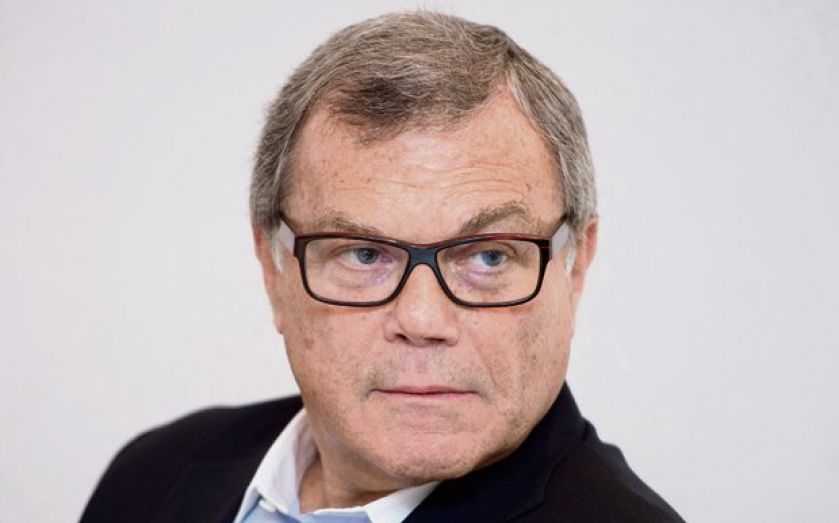Martin Sorrell under fire as WPP clashes with investors

Advertising titan WPP clashed with investors at its annual meeting yesterday after nearly 30 per cent of shareholders failed to support chief executive Sir Martin Sorrell’s £30m pay package.
Sorrell’s total pay for 2013 shot up by 70 per cent, nearing to £29.8m, making him the highest paid executive in the FTSE 100.
At the company’s shareholder meeting at the Shard in London, 28 per cent of WPP’s investors failed to support the backward-looking remuneration report and 27 per cent did not support its forward-looking remuneration policy.
While yesterday’s shareholder revolt was significant, it pales in comparison to 2012’s so-called shareholder spring, which saw 60 per cent of WPP’s shareholders rebel against its pay policy.
Both WPP’s remuneration report and remuneration policy were duly passed yesterday because of proxy votes already cast by WPP’s largest shareholder groups.
Departing chairman Phil Lader on the vote said: “It is my personal view that it would be unfair if something that was put in place by 80 per cent of the shareholders years ago and the arithmetic computation reaches a certain number, to turn to 12 of the senior executives and say ‘I’m sorry, but no longer is that applicable to you’. In fact that might even raise a legal issue.”
WPP also reported its revenue rose 7.6 per cent in the first five months of the year on a like-for-like basis, compared with the seven per cent rise it recorded in the first three months of the year.
Lader warned however that uncertainty in the market is growing and the firm’s “grey swans”, or known unknowns, a regular feature of WPP’s results statements, are on the rise as the global landscape becomes increasingly volatile.
As well as the US’ deficit, prospects for the Middle East, the fragility of the Eurozone and a Chinese hard or soft landing, WPP now includes Scottish devolution and Britain’s membership of the EU as risks to its business.
“Very recently, all these concerns have been heightened by the emergence of three ‘black swans’ (unknown unknowns),” said Lader, pointing to the crises in Iraq, Ukraine and Sino-Japanese tensions over the Diaoyu/Senkaku Islands. “All in all, whilst clients may be more confident than they were in September 2008, they broadly remain unwilling to take further risks.” WPP’s shares fell 0.8 per cent to 1,238p yesterday.